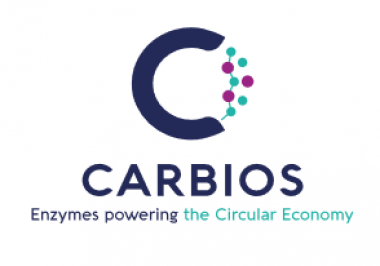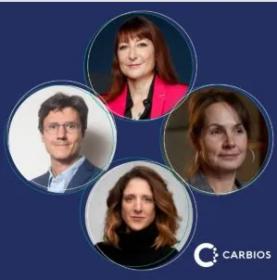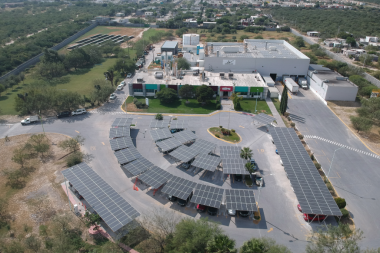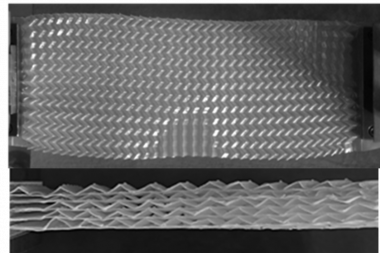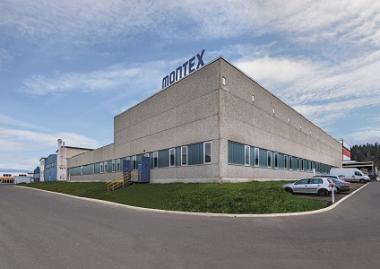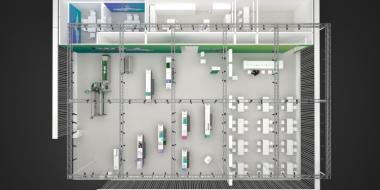Carbios: Scientific publication on enzymatic degradation of plastics
Carbios announces the publication of an article entitled “Enzymes’ power for plastics degradation” in Chemical Reviews. The article is a comprehensive and critical review of research published to date on the enzymatic degradation of all types of plastics (PET, PLA, polyolefins, polyurethanes, polyamides) and includes almost 700 references. Co-authored by biotechnology researchers from Carbios and its academic partner Toulouse Biotechnology Institute (TBI), as well as two eminent professors in polymer science from the University of Bordeaux, the work brings together expertise in the fields of enzymology, polymer science and industry in order to accelerate the transition to a circular economy for plastic.
Beyond the comprehensive bibliographical study, the authors analyzed the data to discuss the scope, limitations, challenges and opportunities of enzymatic plastic recycling with a view to developing innovations and industrial processes. The article’s standpoint and added value with regard to issues surrounding plastic pollution is its critical view on technology transfer and industrial scalability.
To read the article in Chemical Reviews, click here.
Carbios


